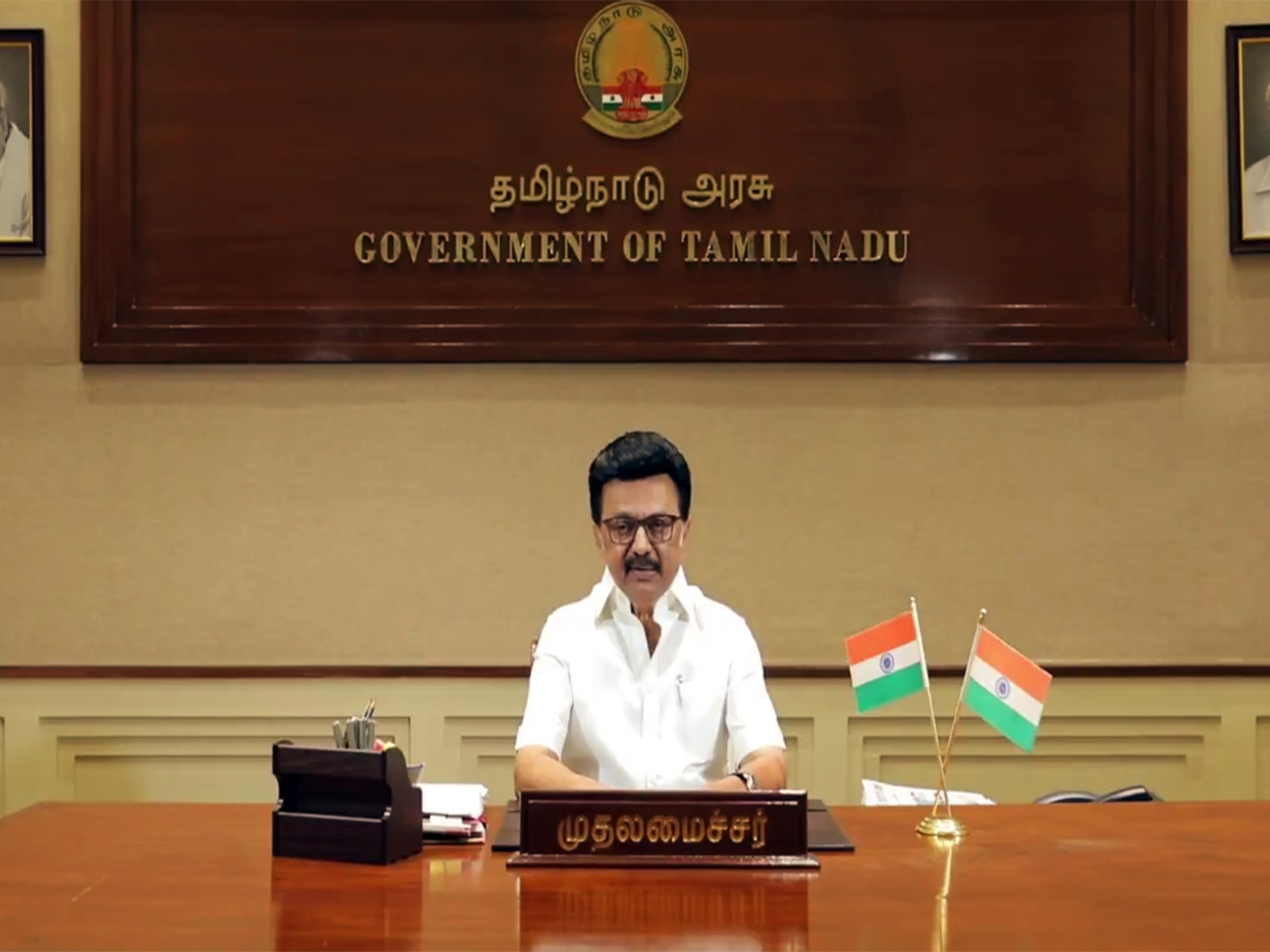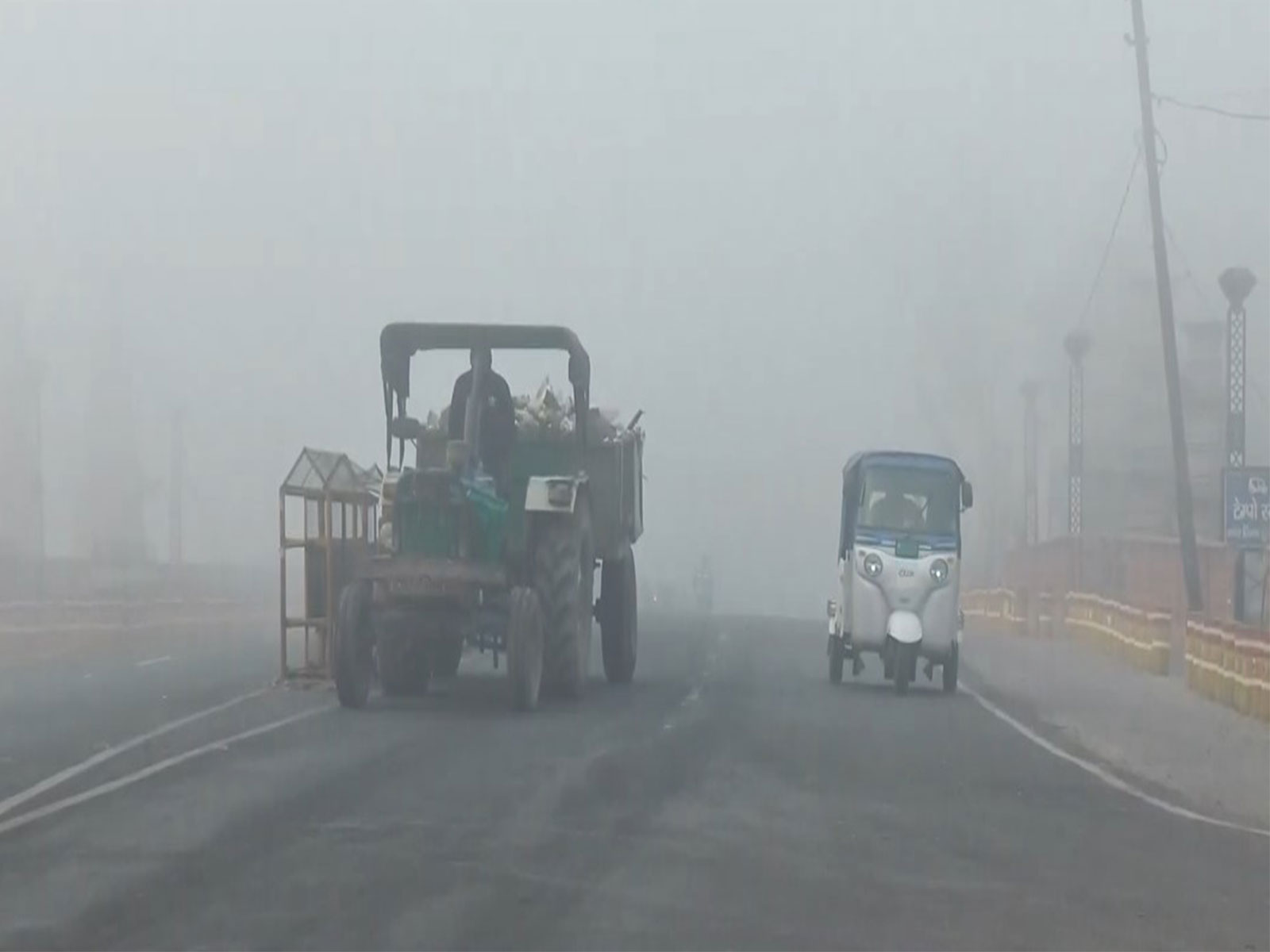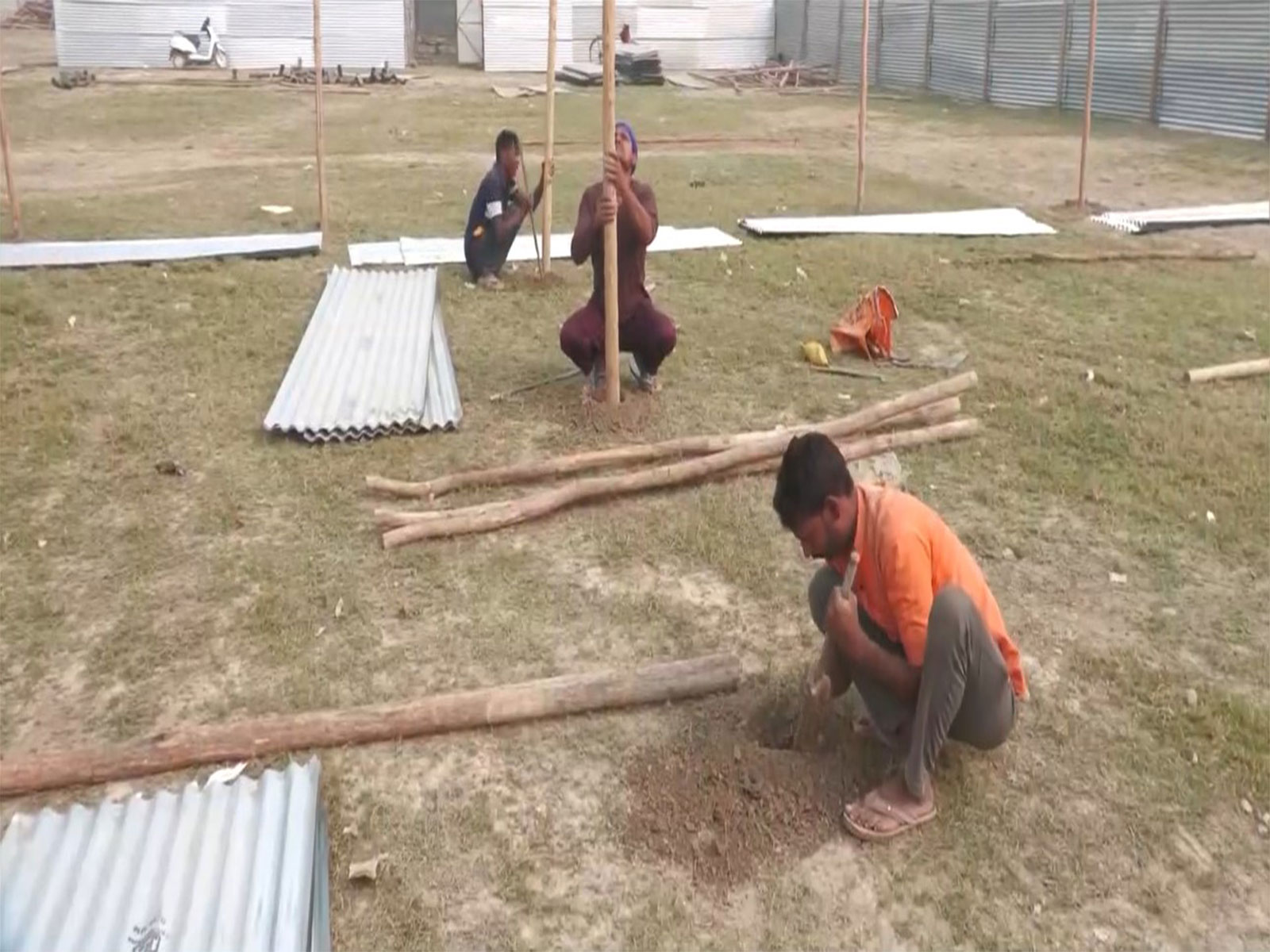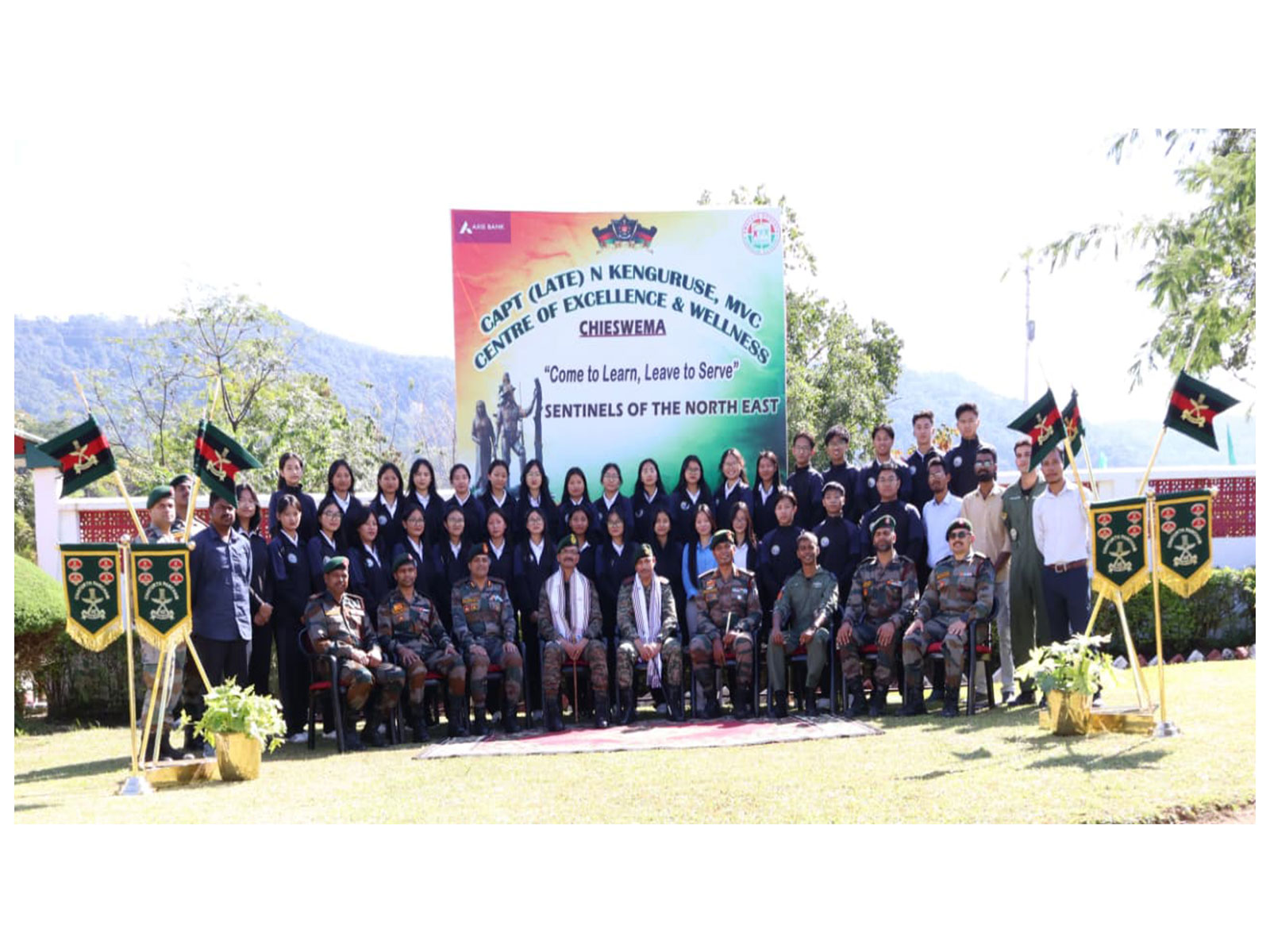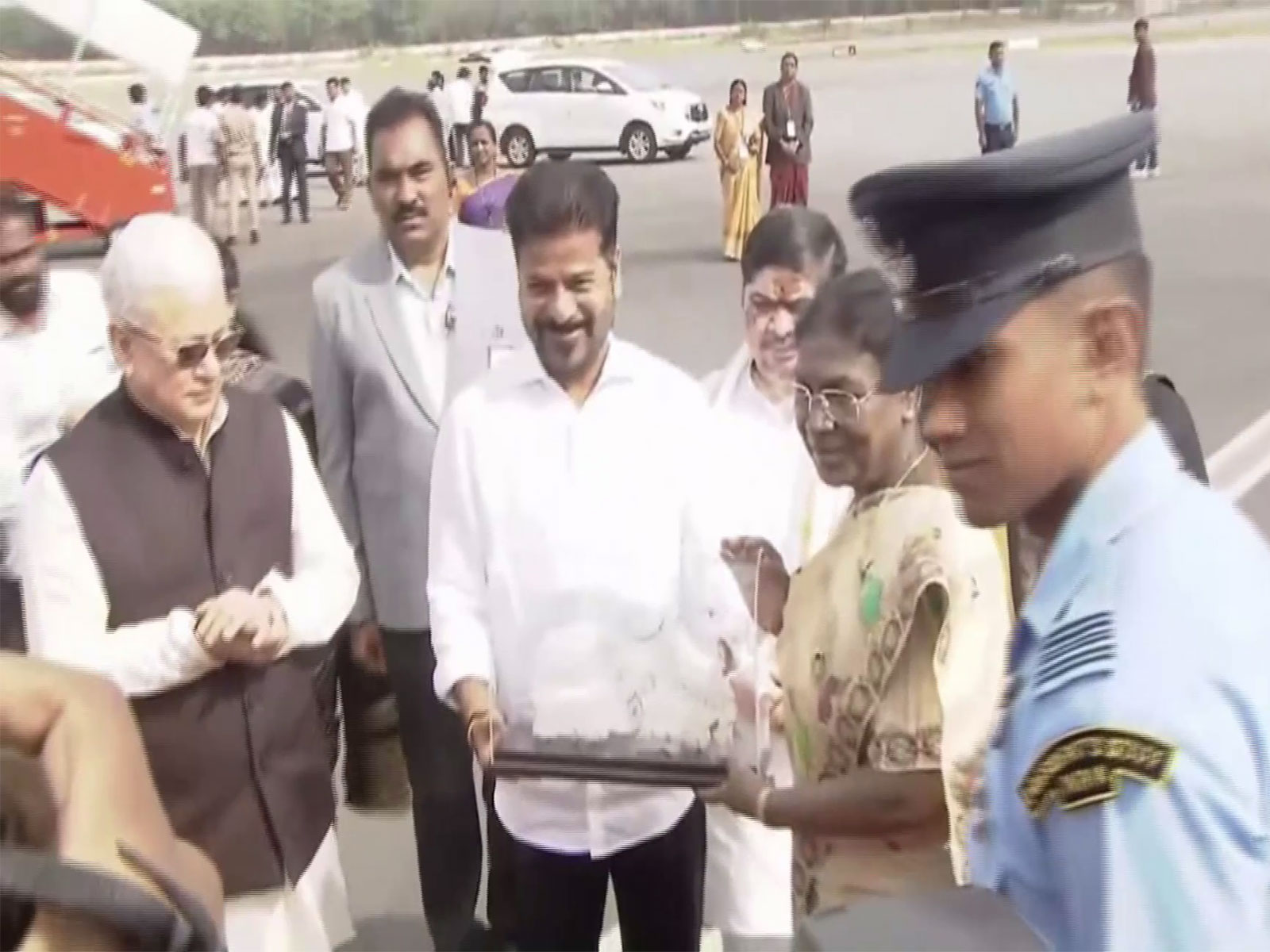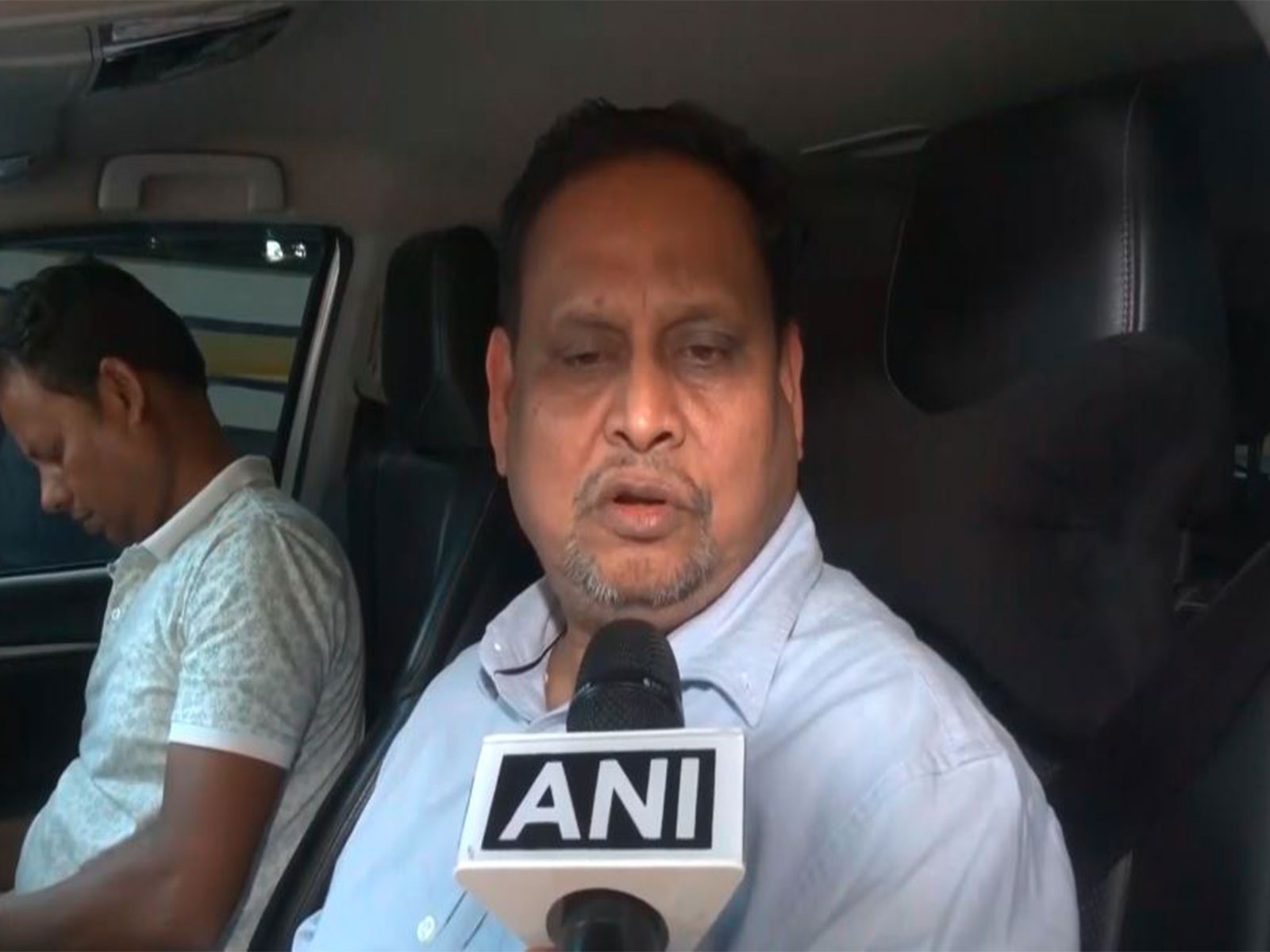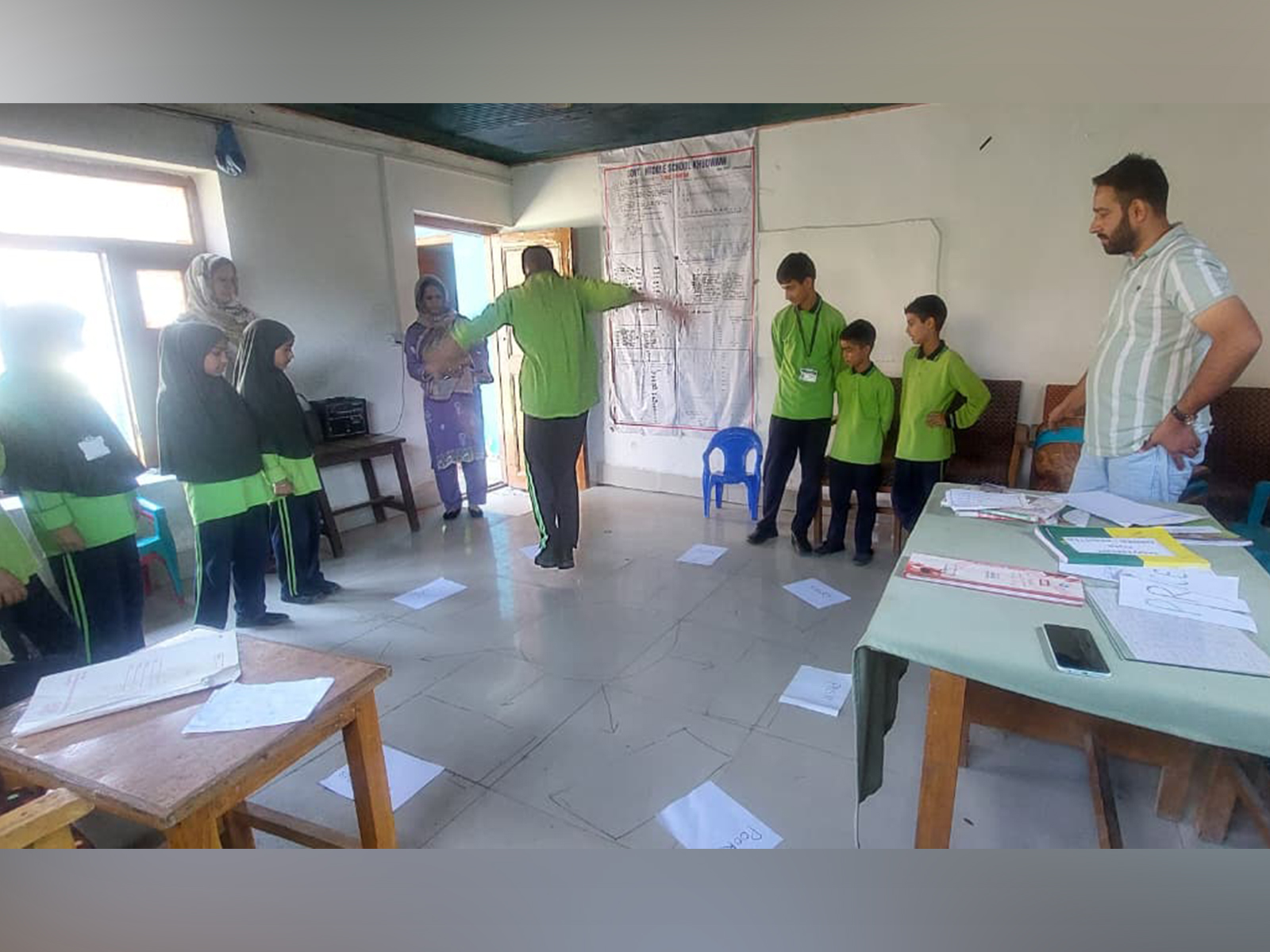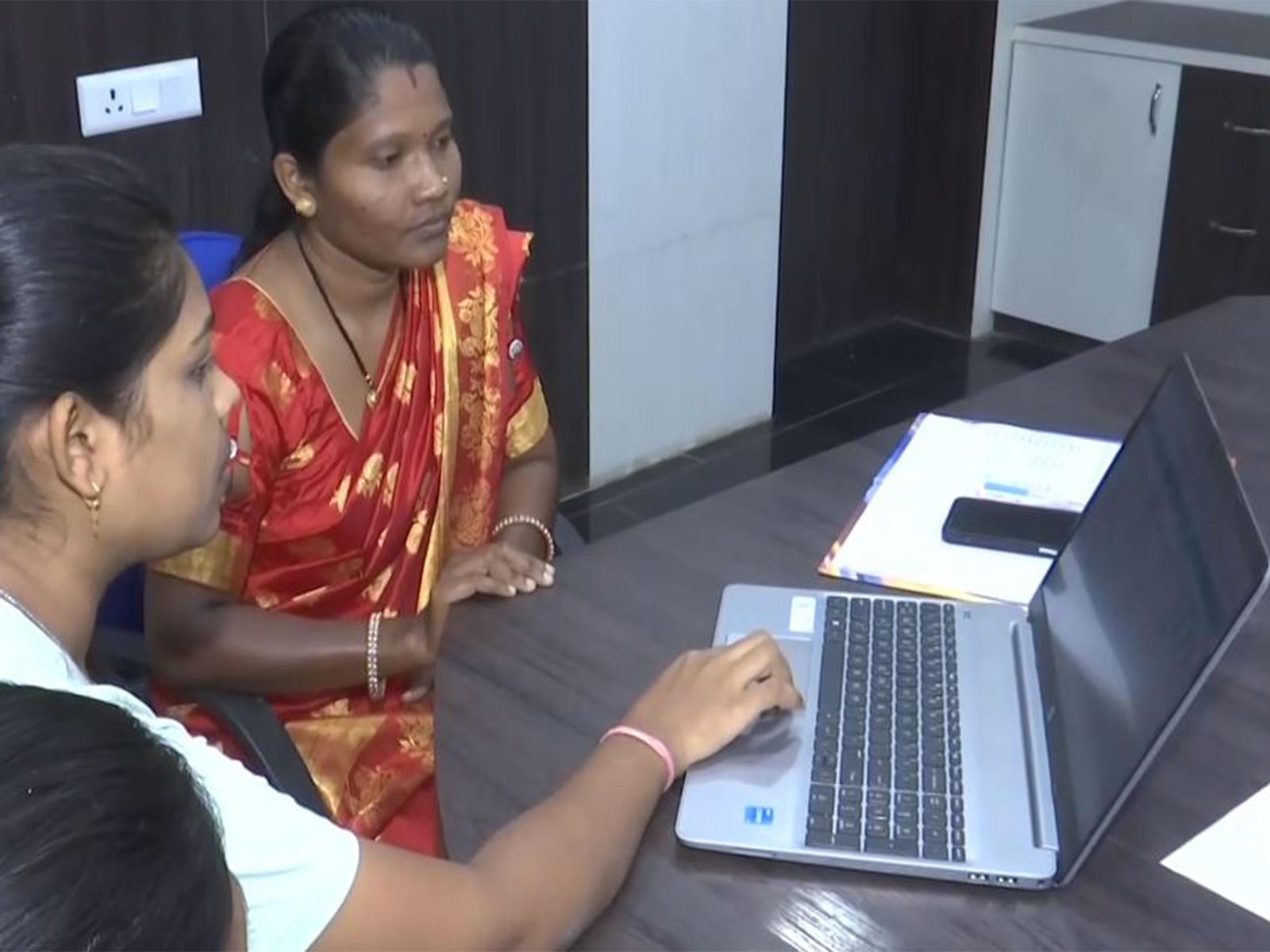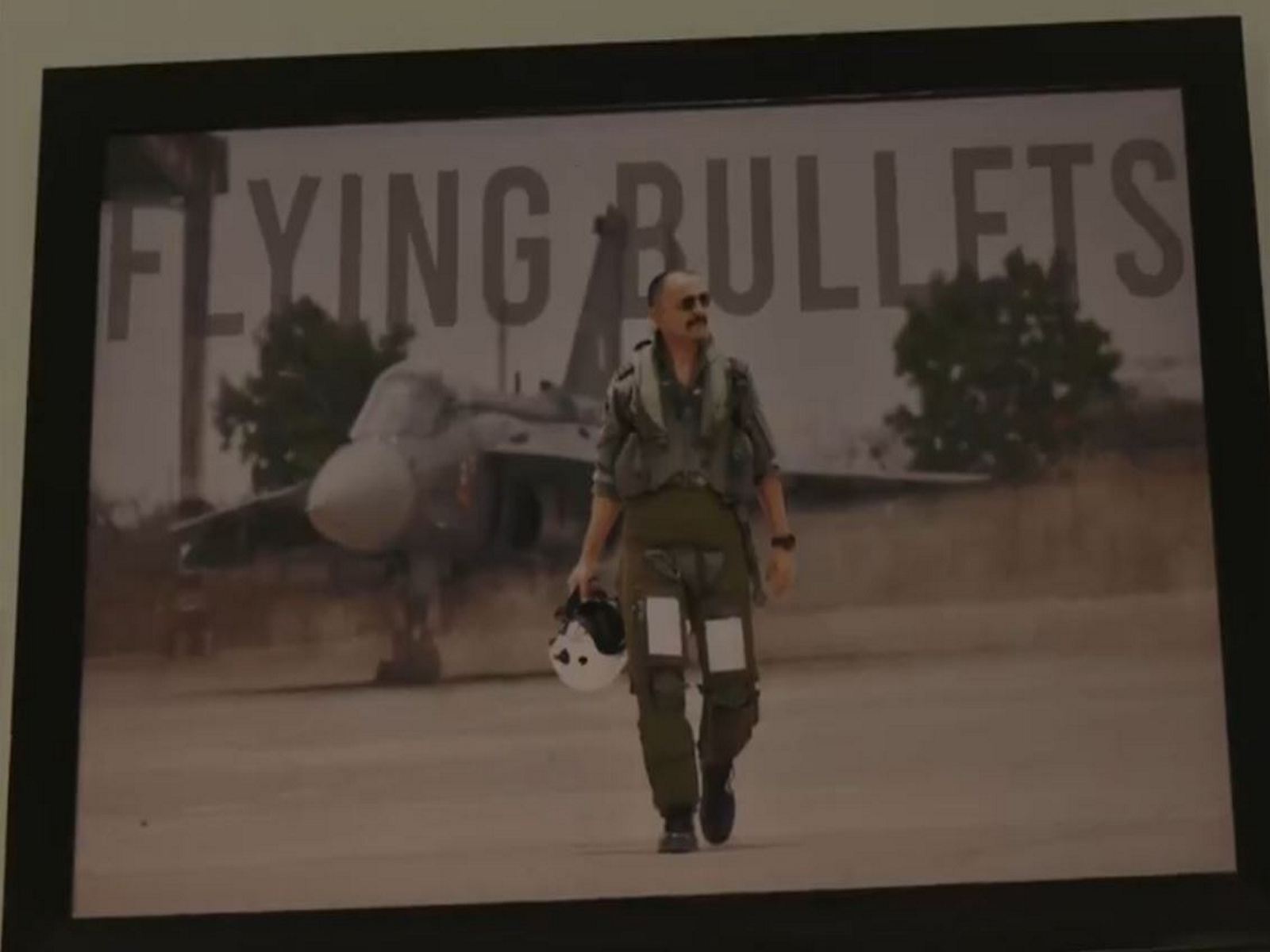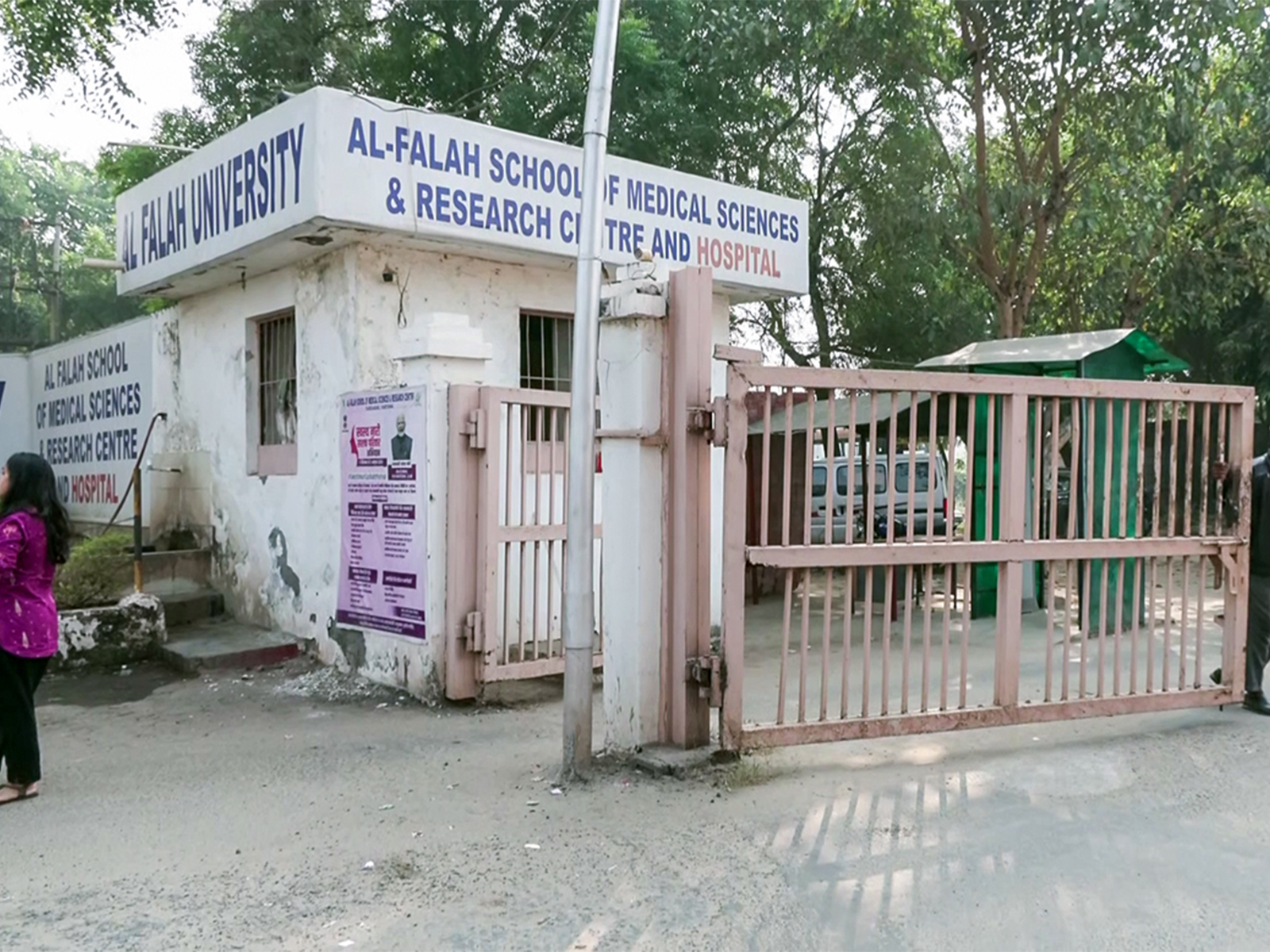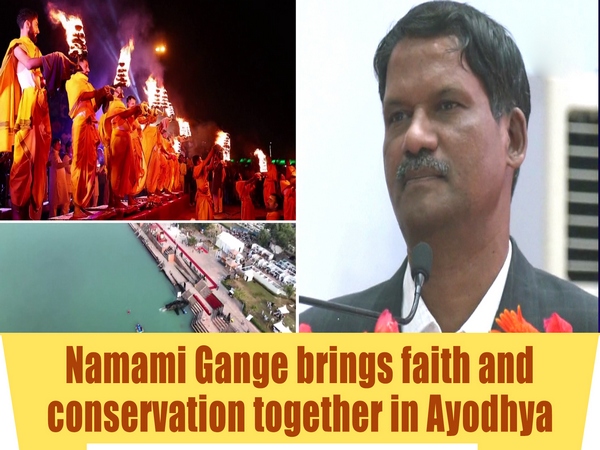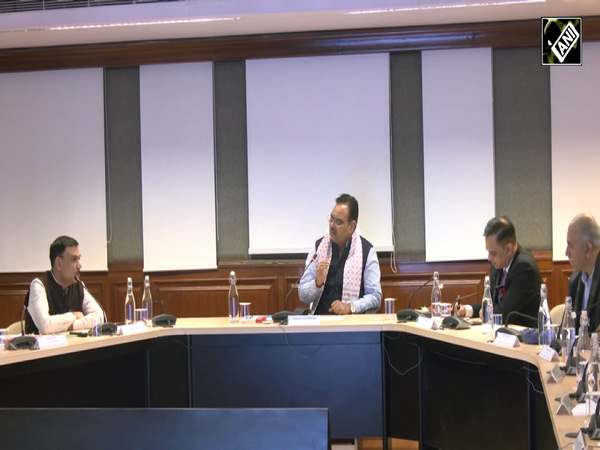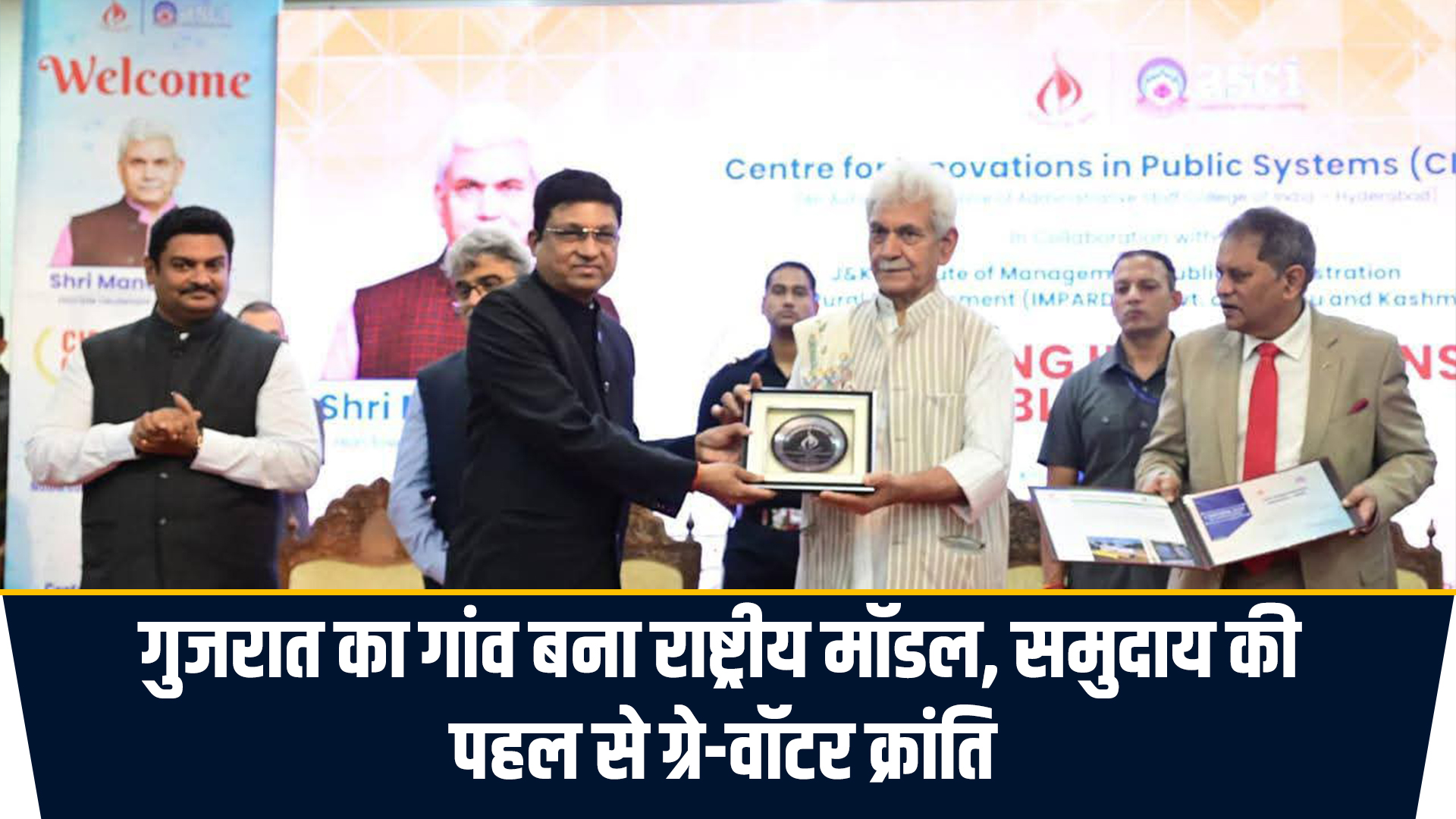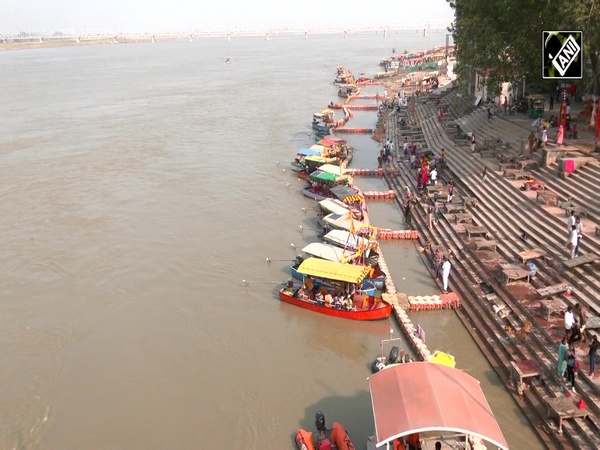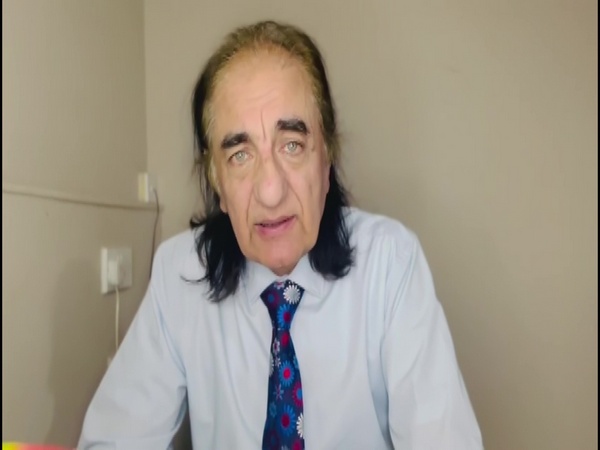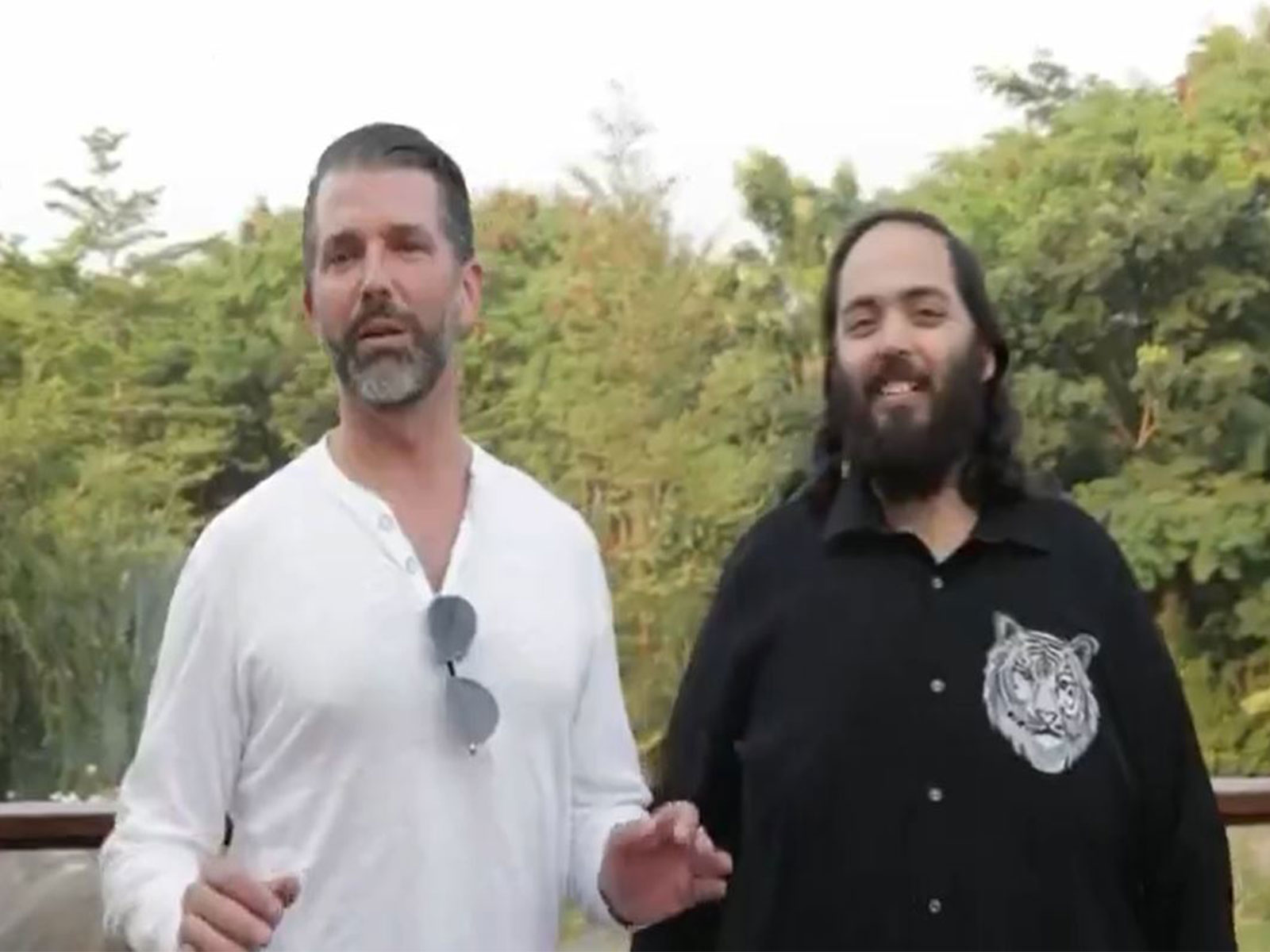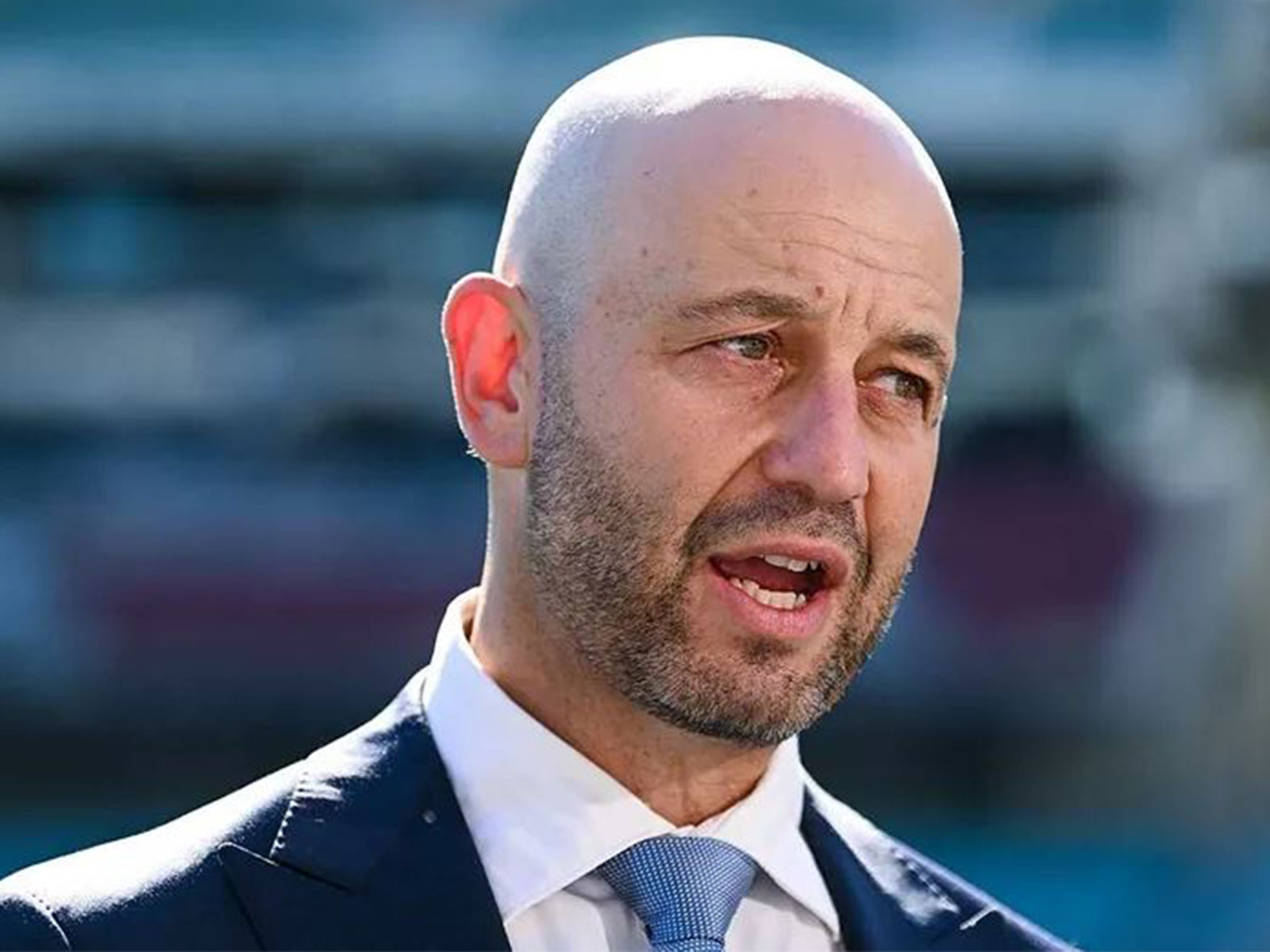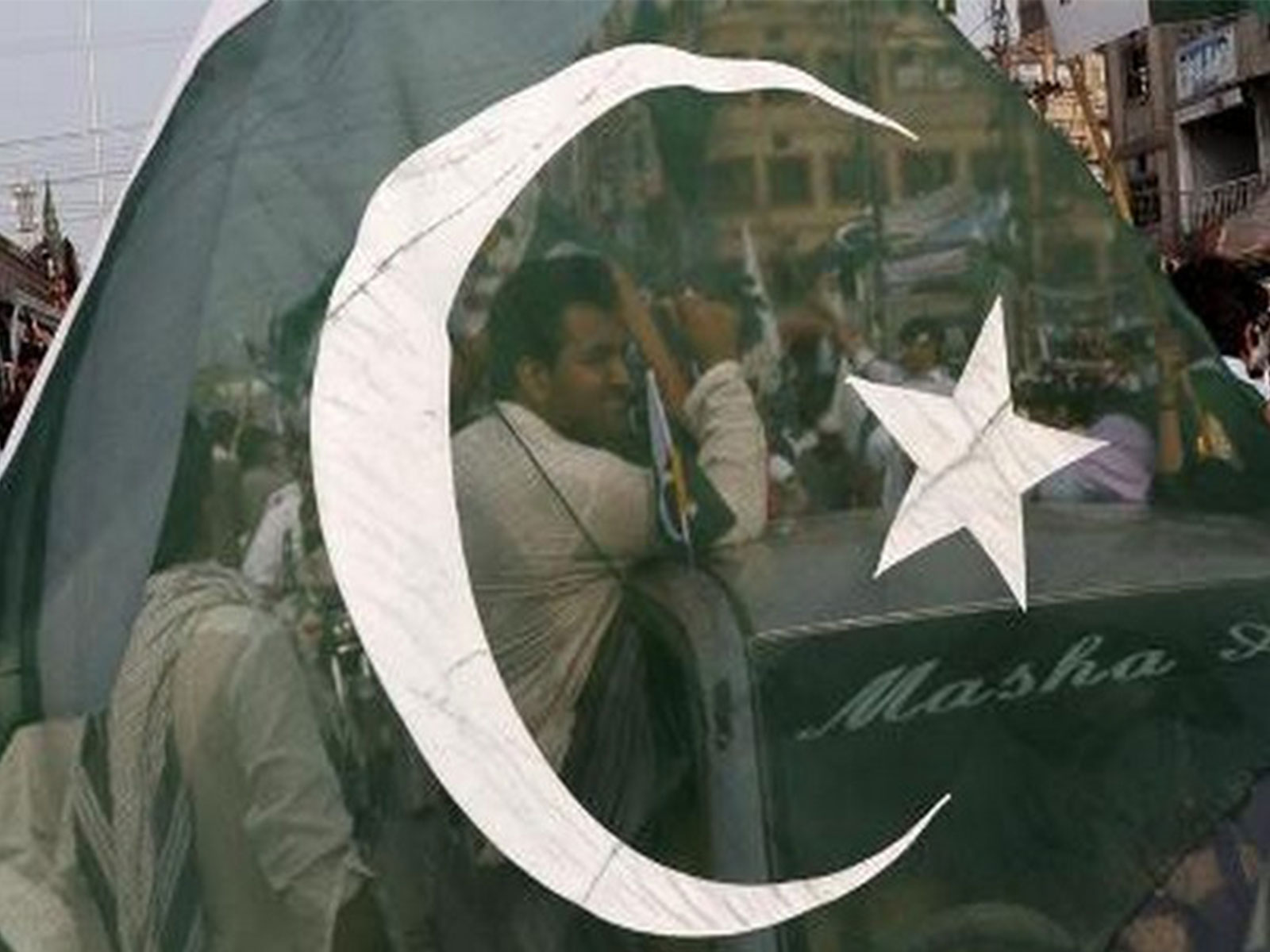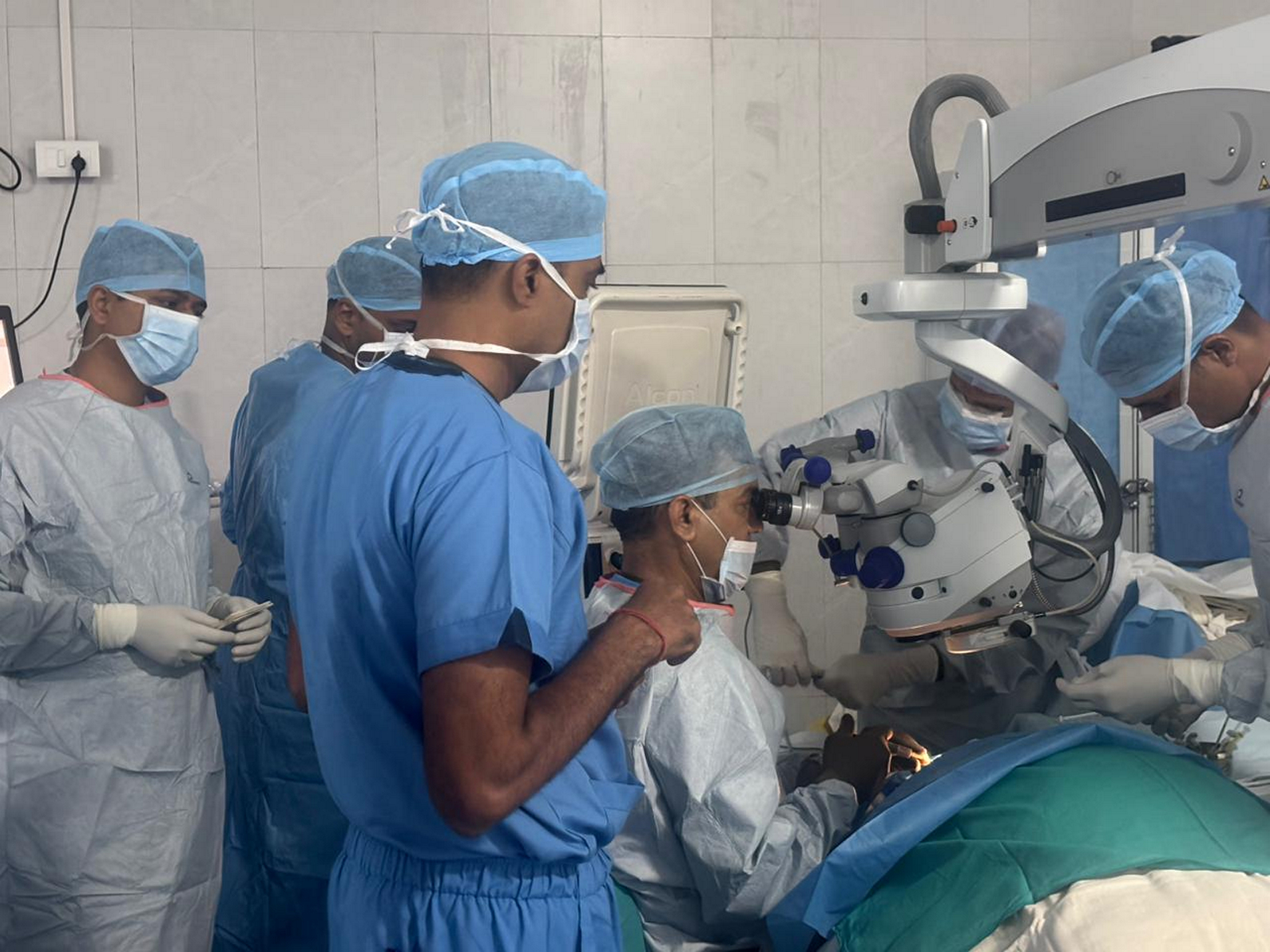
Light after shells: How Indian Army doctors gave new vision to civilians caught in Pak's fury post Op Sindoor
Nov 22, 2025
Udhampur (Jammu and Kashmir) [India], November 22 : For countless souls across the rugged, remote borderlands of Jammu and Kashmir, life had become an exercise in enduring the silent tyranny of darkness, their world reduced to indistinct shapes and memory. Into this pressing need, the Advanced Surgical Eye Camp at Command Hospital Northern Command, Udhampur, roared into existence, representing a monumental and compassionate healthcare offensive.
This advanced surgical eye camp successfully screened a total of 1500 individuals, including serving personnel, dependents, Veer Naris (war widows), and local civilians.
The initial comprehensive screening, skillfully conducted by a diverse team of ophthalmologists stationed across the operational area of Jammu and Kashmir, was instrumental in mobilising patients from remote, far-flung border regions under the leadership of Major Gen Sanjay Sharma, Commandant Command Hospital Udhampur.
Individuals travelled from places like Poonch, Jammu, Rajouri, Ramban, Kishtwar, Doda, and Udhampur, overcoming significant geographical barriers to seek care. 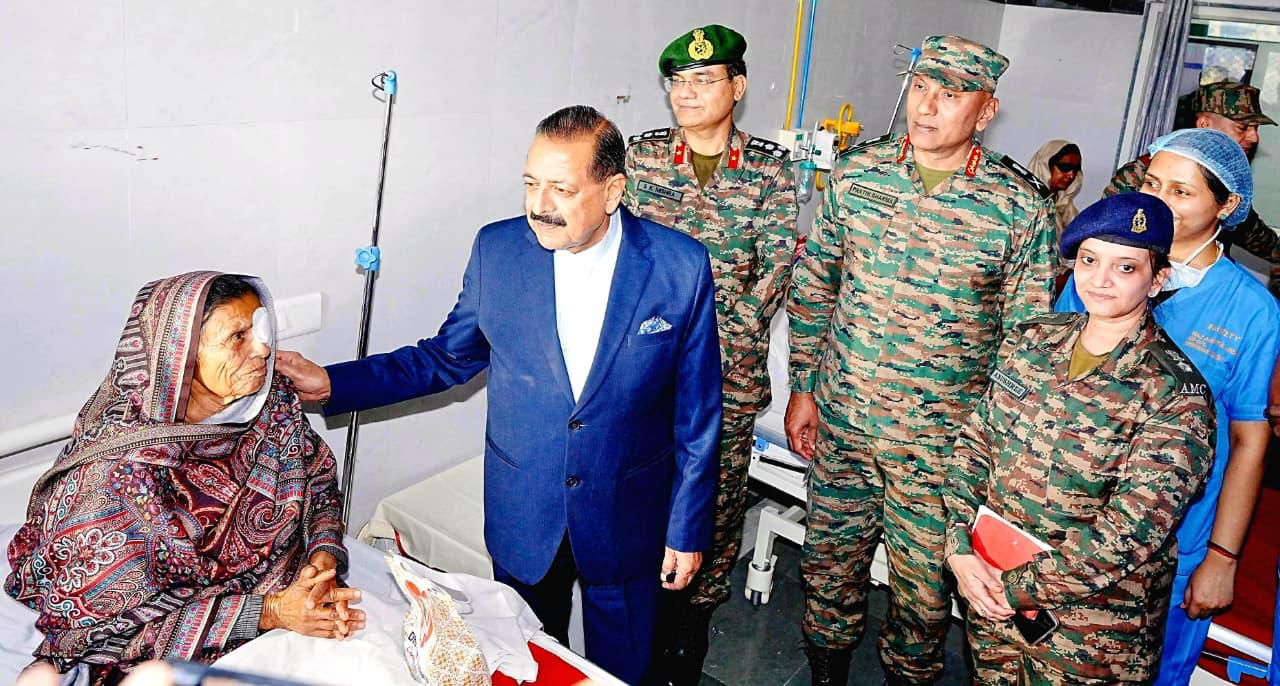
The pinnacle of the camp's success was the deployment of cutting-edge, specialised ophthalmological equipment, representing the world's current best practice, which facilitated sophisticated cataract, retina, and vitreous surgeries.
Among the beneficiaries, Surinder Singh, a 72-year-old patriarch from Poonch, was not merely battling blindness for 2-3 years; he was carrying the heavy, indelible scars of loss. He had witnessed the unfolding tragedy in his very neighbourhood during 'Operation Sindoor,' where the relentless shadow of conflict stole the lives of his neighbours, the vital breadwinners of their families.
He transformed his gratitude into action, becoming a tireless champion who used his restored sight and his intimate understanding of grief to personally mobilise those fellow citizens paralysed by sorrow and hardship.
Operation Sindoor was launched on May 7 in the aftermath of the Pahalgam terror attack, which claimed the lives of 26 innocent civilians. The Operation was conceived as a punitive and targeted campaign to dismantle the terror infrastructure across the Line of Control (LOC) and deeper inside Pakistan.
The retaliatory fire by Pakistan led to a four-day conflict with a ceasefire on May 10.
Similarly, Abdullah Shafeeq, a retired soldier, 56-year-old from Mendhar, proved pivotal in coordinating and facilitating the provision of these specialised ophthalmological facilities to residents impacted by the recent conflict.
The camp delivered life-changing results, perhaps best exemplified by Rajkumari Devi, 96 years old, who has received the gift of clear sight and now has the precious ability to witness the world in full clarity.
The genesis of this impactful medical mission lay in a shared vision of service, conceptualised by the Defence Minister Rajnath Singh, following a request from the Lieutenant Governor Manoj Sinha.
Responding swiftly to this call for vital healthcare outreach, Rajnath Singh personally instructed the Army Chief General Upendra Dwivedi to ensure the immediate and successful conduct of this specialised camp within the operational area of Udhampur.
The critical responsibility for executing and overseeing the camp's successful completion was entrusted to Lieutenant General Prateek Sharma, the Northern Command Army Commander, underscoring the mission's dual purpose: to provide expert medical care while showcasing the compassionate, human face of the Indian Army.
Rooted in its commitment to the nation, the Army has consistently been a forefront pillar in delivering essential medical facilities under the banner of Operation Sadbhavna, driven by an unwavering spirit of nationalism and patriotism. To guarantee clinical excellence, the Army Chief further directed the highest echelons of military medicine, DGAFMS Surg Vice Admiral Aarti Sarin and DGMS Army Lieutenant General C G Muralidharan, to meticulously plan and execute the camp's operations.
This advanced surgical camp was led by Brigadier Sanjay Kumar Mishra, a globally recognised and exceptionally renowned ophthalmologist in India. As the most highly decorated officer of the Army Medical Corps, his exceptional surgical skill is underscored by the fact that he has also had the distinct honour of operating on two serving Presidents of our nation.
Brigadier Mishra's clinical leadership was paramount during the camp, where his team successfully performed more than 400 intricate surgeries. This impressive tally included complex procedures for cataracts, glaucoma, and retinal ailments, executed with the invaluable assistance of a highly specialised team of ophthalmologists and dedicated paramedical staff from the Army Hospital (Research & Referral).
The advanced surgical camp, spanning from the Himalayan foothills of Dehradun to the vast plains of Jaipur, then through the greenery of Bagdogra, and culminating in the remote villages near Jammu, was a profound demonstration of perseverance, successfully delivering over 2000 sight-restoring surgeries despite overwhelming difficulties.
The dedicated ophthalmologists and their teams faced a continuous logistical battle, meticulously transporting and setting up delicate, high-tech surgical equipment across thousands of kilometres, often converting rudimentary community halls into sterile operating theatres while grappling with inconsistent power and limited sanitation in far-flung areas.
This monumental effort was compounded by the intense physical and mental fatigue of performing complex, back-to-back procedures on long-neglected "mature" cataracts, requiring immense skill and stamina, all while working quickly to earn the vital trust of remote communities and establish crucial, yet challenging, post-operative follow-up care for every patient.
